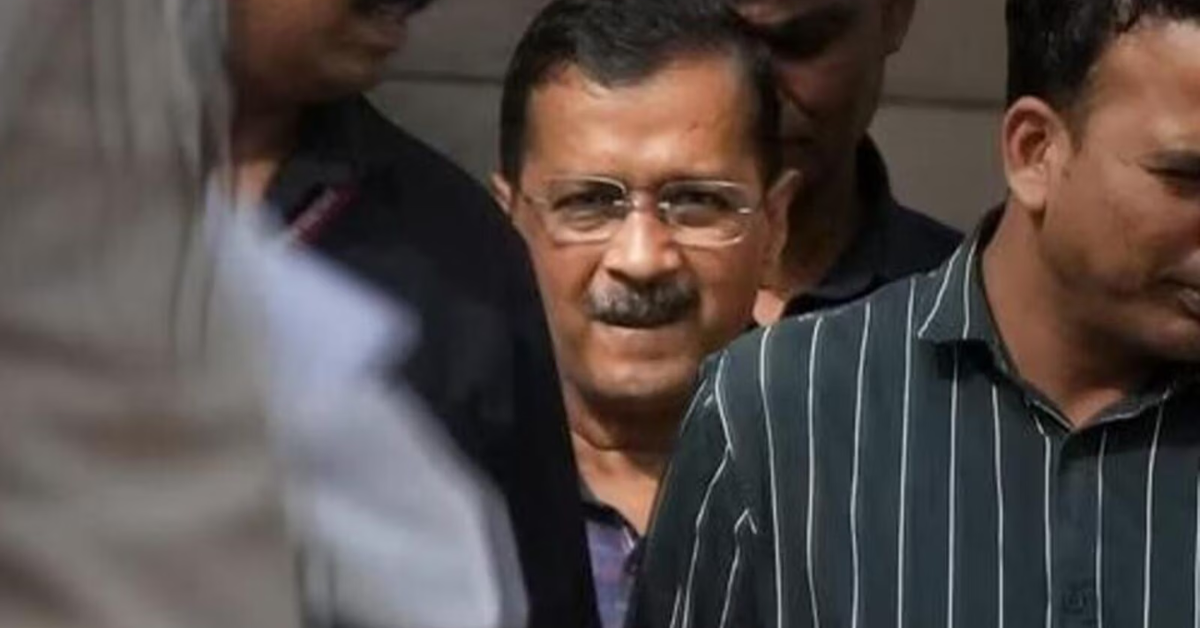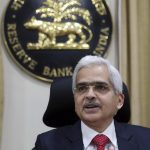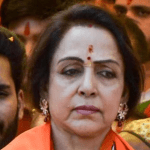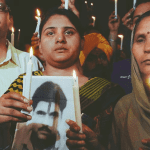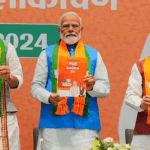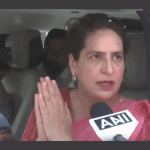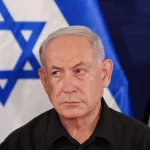Delhi Chief Minister Arvind Kejriwal’s current judicial custody has been a subject of controversy, particularly surrounding his diet and medical treatment while he is in Tihar Jail. The Enforcement Directorate (ED) claims that Kejriwal is “deliberately” consuming mangoes and sweets despite his diabetes, possibly attempting to spike his sugar levels to create a medical case for bail. However, Kejriwal’s legal team has contested this claim, maintaining that the Delhi CM is adhering to the prescribed diet and his right to health must be respected.
Background and Context
Arvind Kejriwal’s judicial custody comes as part of an ongoing investigation into the alleged “scam” surrounding Delhi’s now-scrapped excise policy. Kejriwal was arrested by the ED on March 21 and initially held in ED custody before being sent to judicial custody until April 15, which was then extended to April 23.
The main concern raised in the court pertains to Kejriwal’s diet while in custody and the potential health risks he faces due to his diabetes. The court has been asked to review whether Kejriwal is being provided the medical care he requires, including the ability to consult with his doctor daily for 15 minutes through video conferencing.
Kejriwal’s Plea
Kejriwal’s legal team filed a fresh plea seeking directions to jail authorities to allow him access to his doctor via video conferencing and allow his wife to join and remain present during the call. The Chief Minister argues that his blood sugar levels are fluctuating dangerously due to acute diabetes, posing a high risk to his health.
ED’s Claims and Kejriwal’s Response
The Enforcement Directorate has claimed that Kejriwal is “deliberately eating mangoes and sweets” in jail to manipulate his sugar levels and create grounds for a medical bail. The agency argues that Kejriwal’s diet does not match the one prescribed by his doctor.
Kejriwal’s lawyer countered the ED’s claims, stating that out of 48 meals sent from home, mangoes were included only three times, and the diet otherwise adhered to the prescribed chart. He argued that the ED’s allegations were based on a limited number of meals and did not represent Kejriwal’s overall adherence to the prescribed diet.
Court Proceedings and Observations
During court hearings, the ED’s counsel presented the diet prescribed for Kejriwal, noting that it did not include sweet or sugary items. This formed the basis for the agency’s argument that the Chief Minister’s diet was not consistent with medical advice.
Kejriwal’s counsel argued that the ED’s claims were exaggerated, as mangoes were included in the home-cooked meals on just a few occasions. He also emphasized that Kejriwal uses sugar-free sweeteners with his tea and has not consumed sugar intentionally.
The court took note of the deviations between the prescribed diet and the home-cooked meals, emphasizing that any such deviations were without the court’s order. The court raised concerns about the possibility that Kejriwal’s diet may not be aligned with his medical requirements.
Jail Authorities’ Report and Court’s Reactions
Jail authorities reported that Kejriwal had stopped taking insulin at one point. They also highlighted that while Kejriwal claims to receive home-cooked meals, there were instances where the diet provided did not align with the prescribed chart. For example, foods like mangoes, bananas, and chiku were to be avoided according to the AIIMS report, yet these items were included in his meals.
Kejriwal’s counsel contended that he was not against discontinuing home-cooked meals if there were concerns about deviations from the prescribed diet. The court pointed out that while deviations were observed, they occurred without its permission.
As the legal proceedings continue, the court must weigh the arguments from both sides and decide whether Kejriwal’s medical needs are being adequately met in Tihar Jail. The Chief Minister’s legal team argues that his right to health should be respected, while the ED maintains that his dietary choices may be part of a strategy to secure medical bail.
The outcome of the court’s verdict will have significant implications not only for Kejriwal’s current situation but also for broader questions around the rights of those in custody to receive appropriate medical care. Ultimately, the court’s decision will reflect its assessment of whether Kejriwal’s diet aligns with medical advice and whether any deviations were intentional or permissible under the circumstances.
